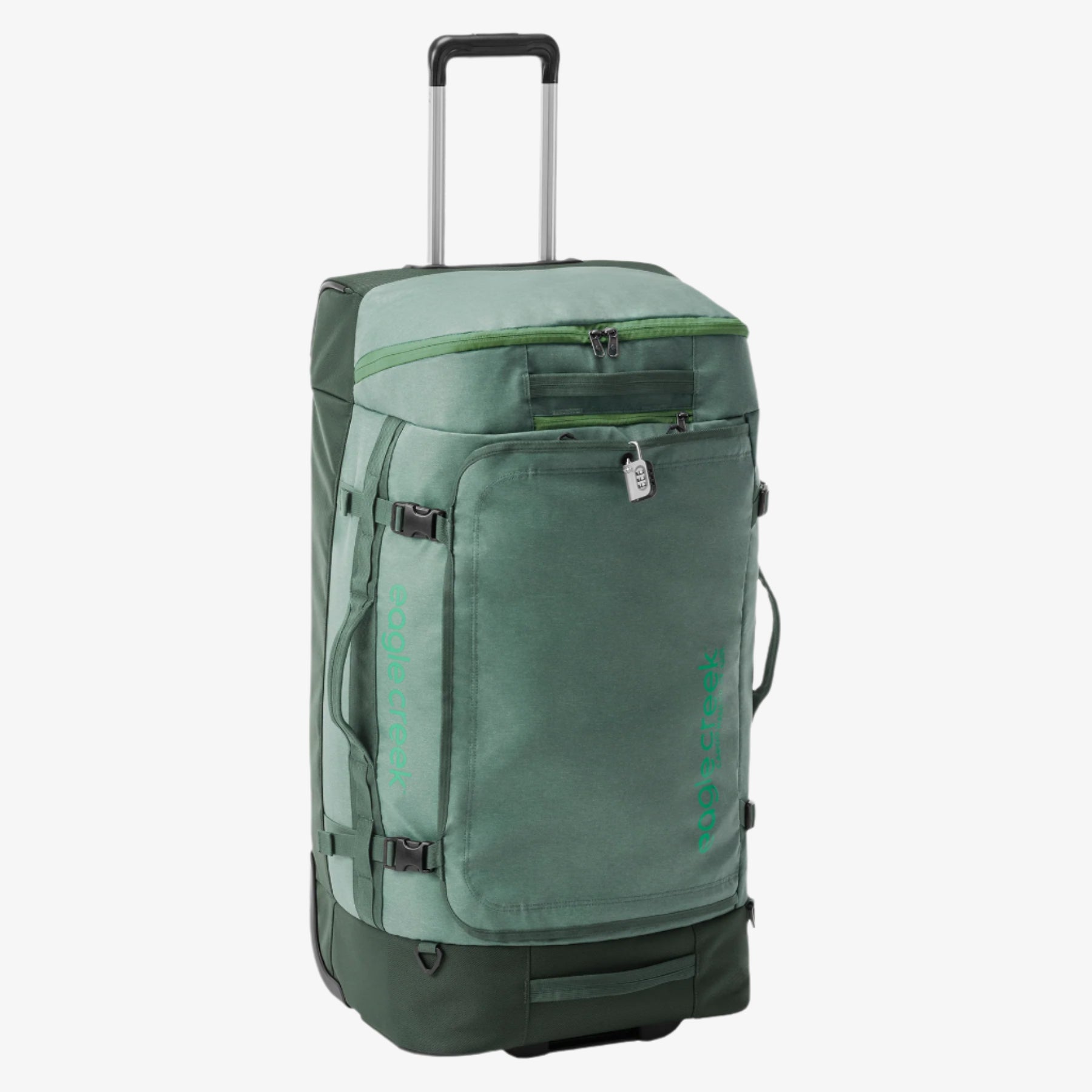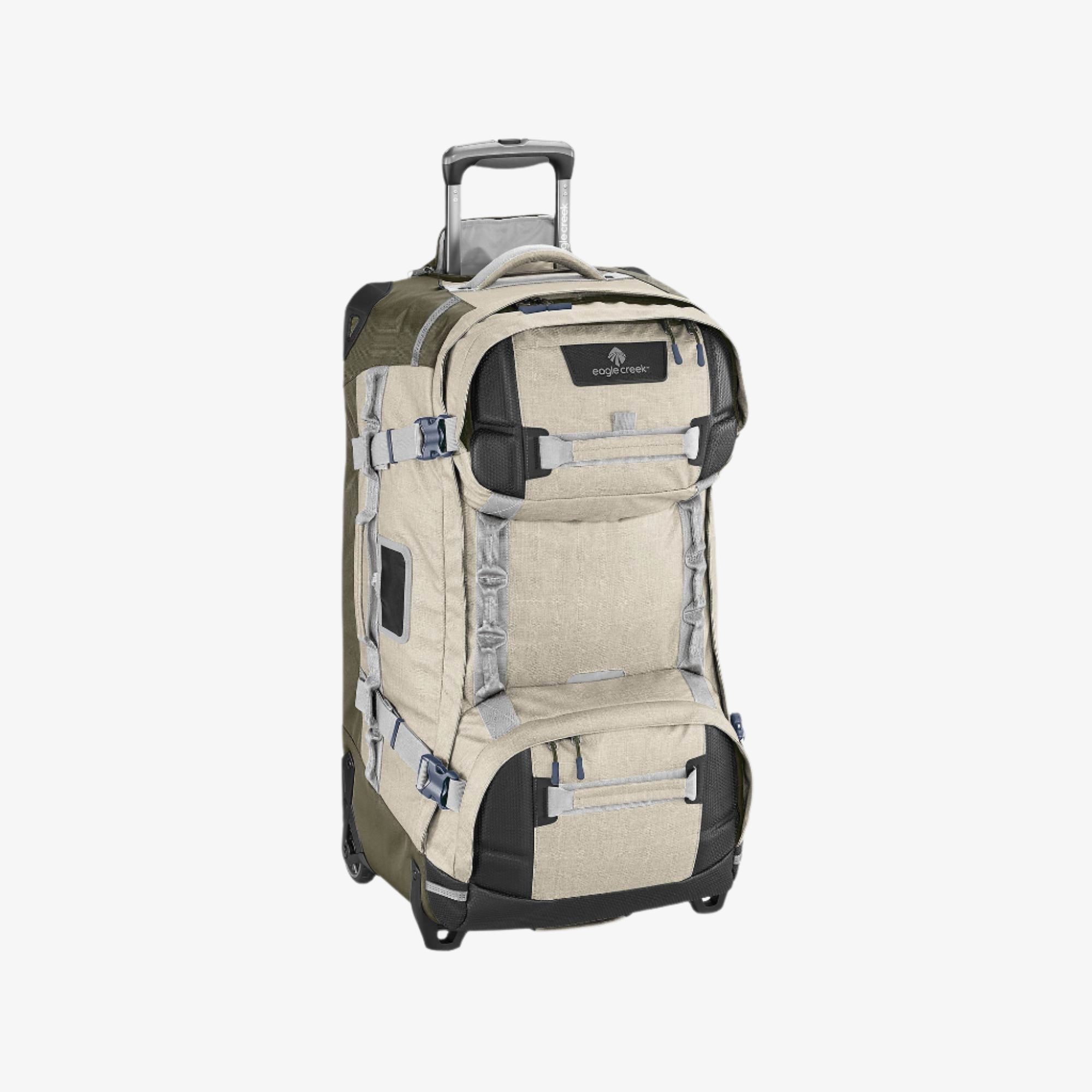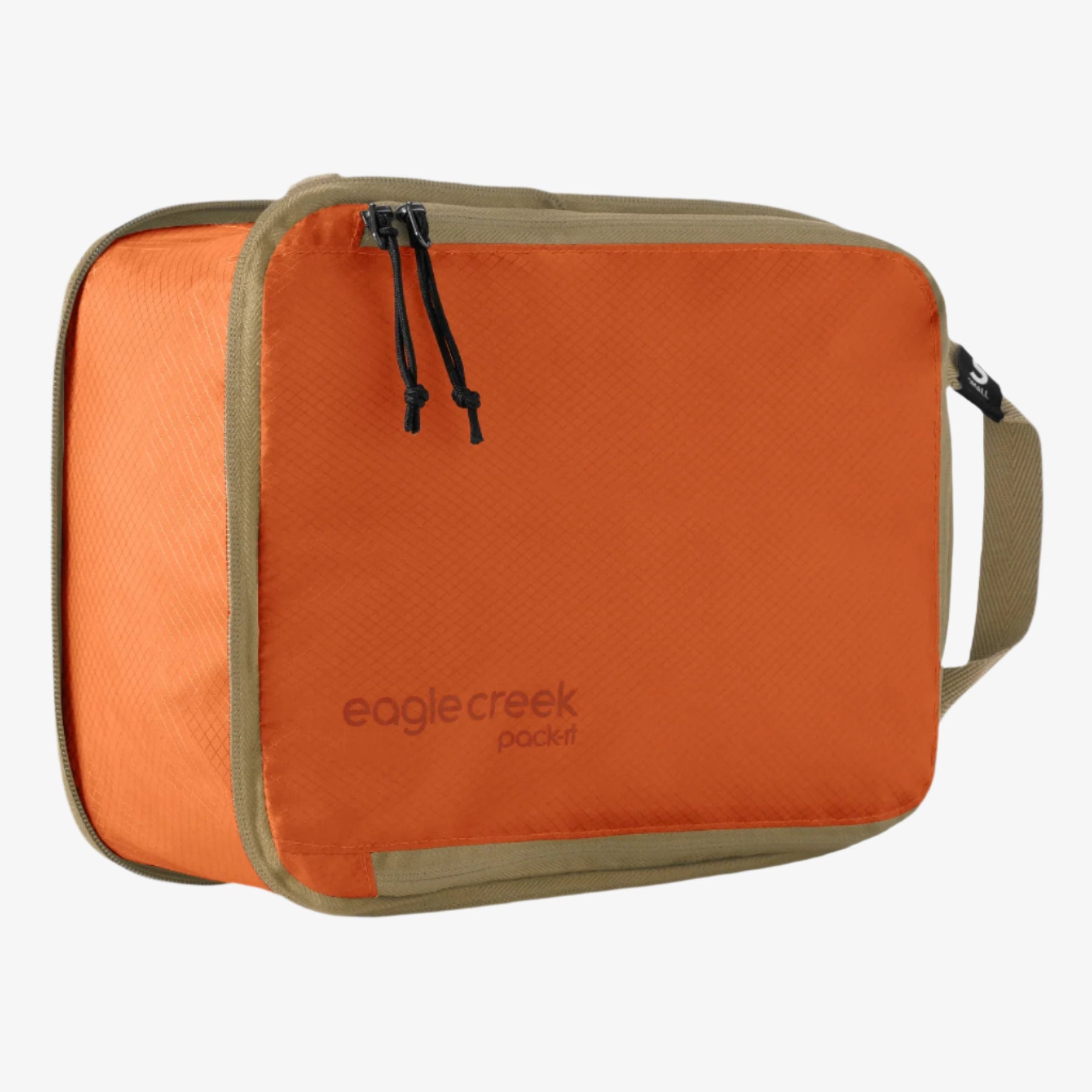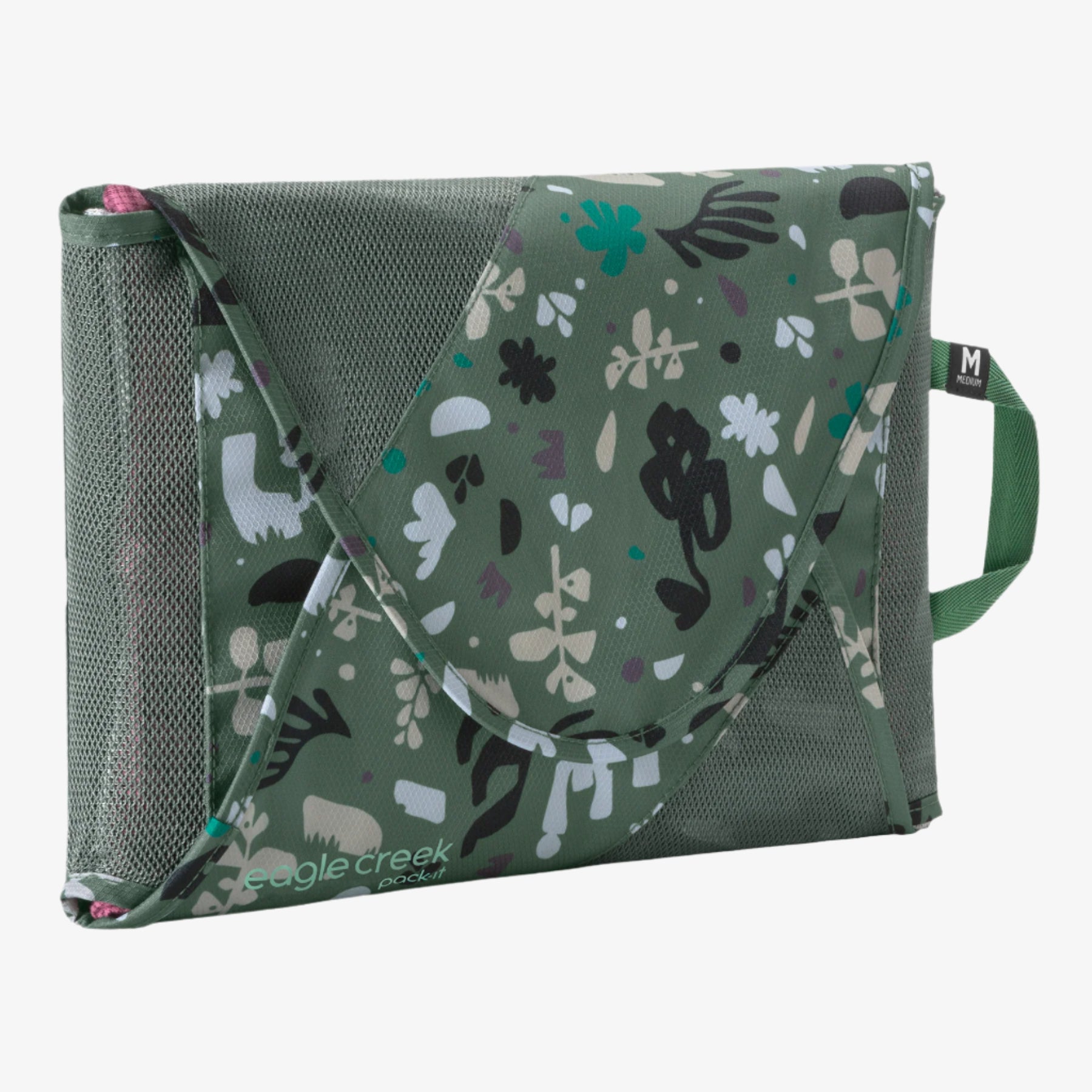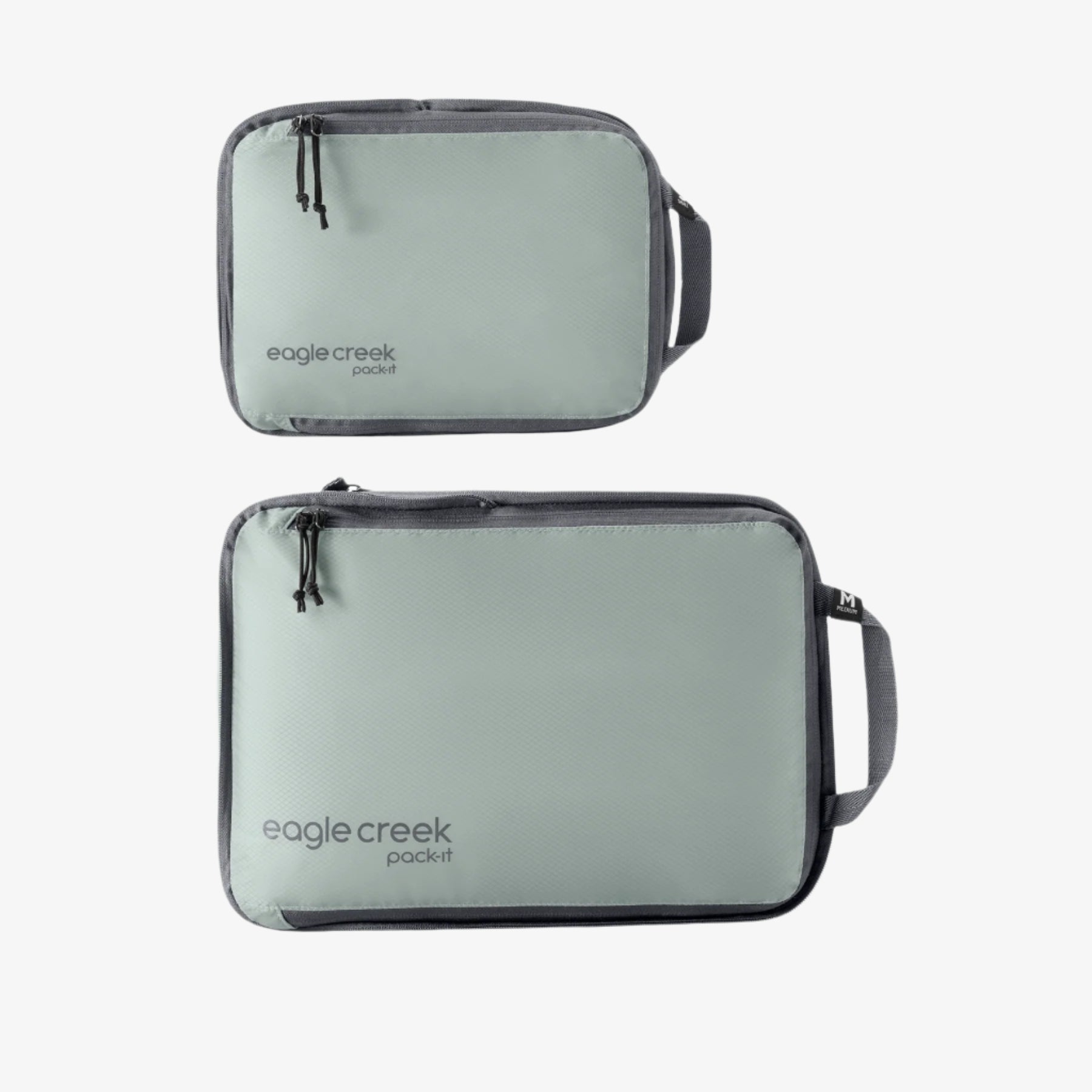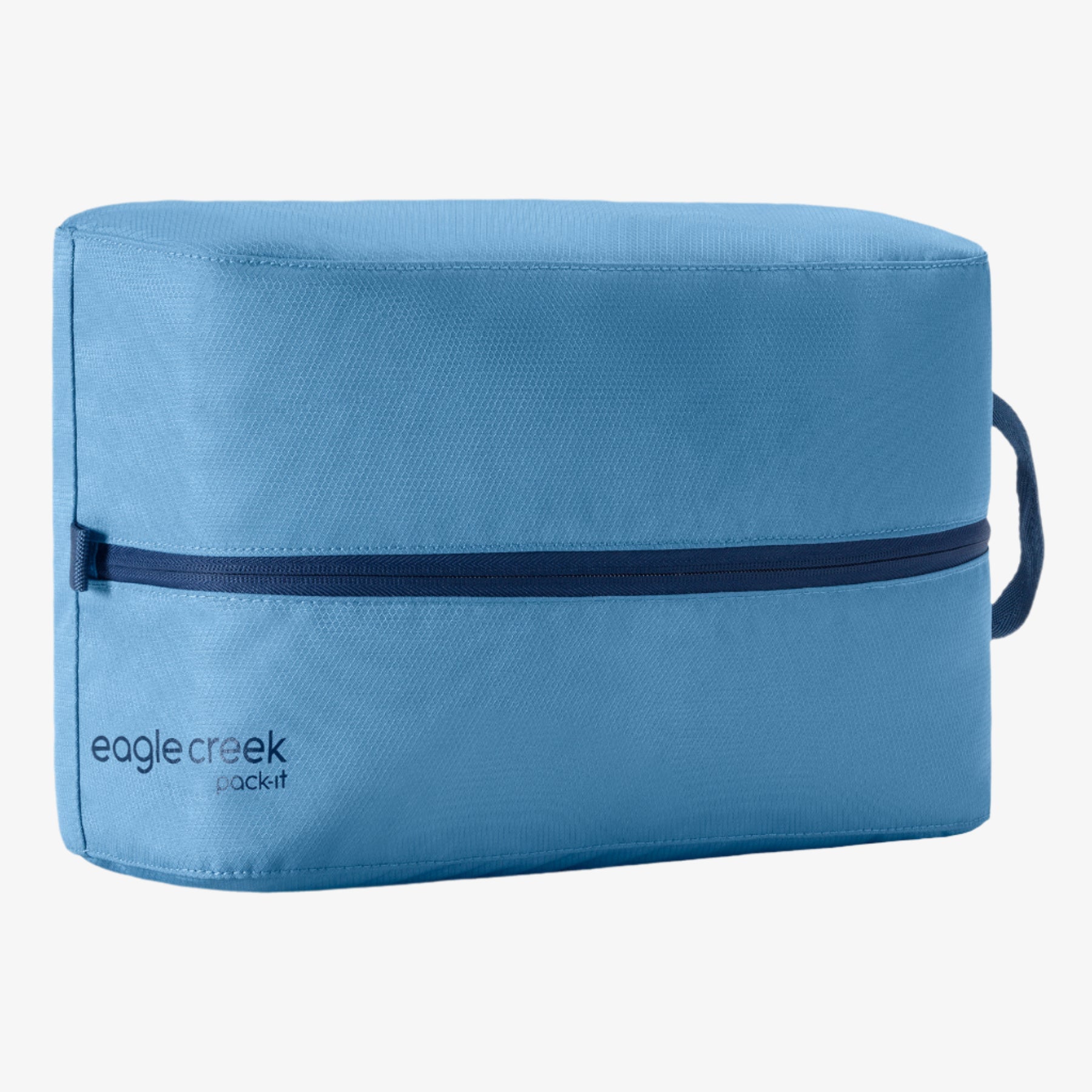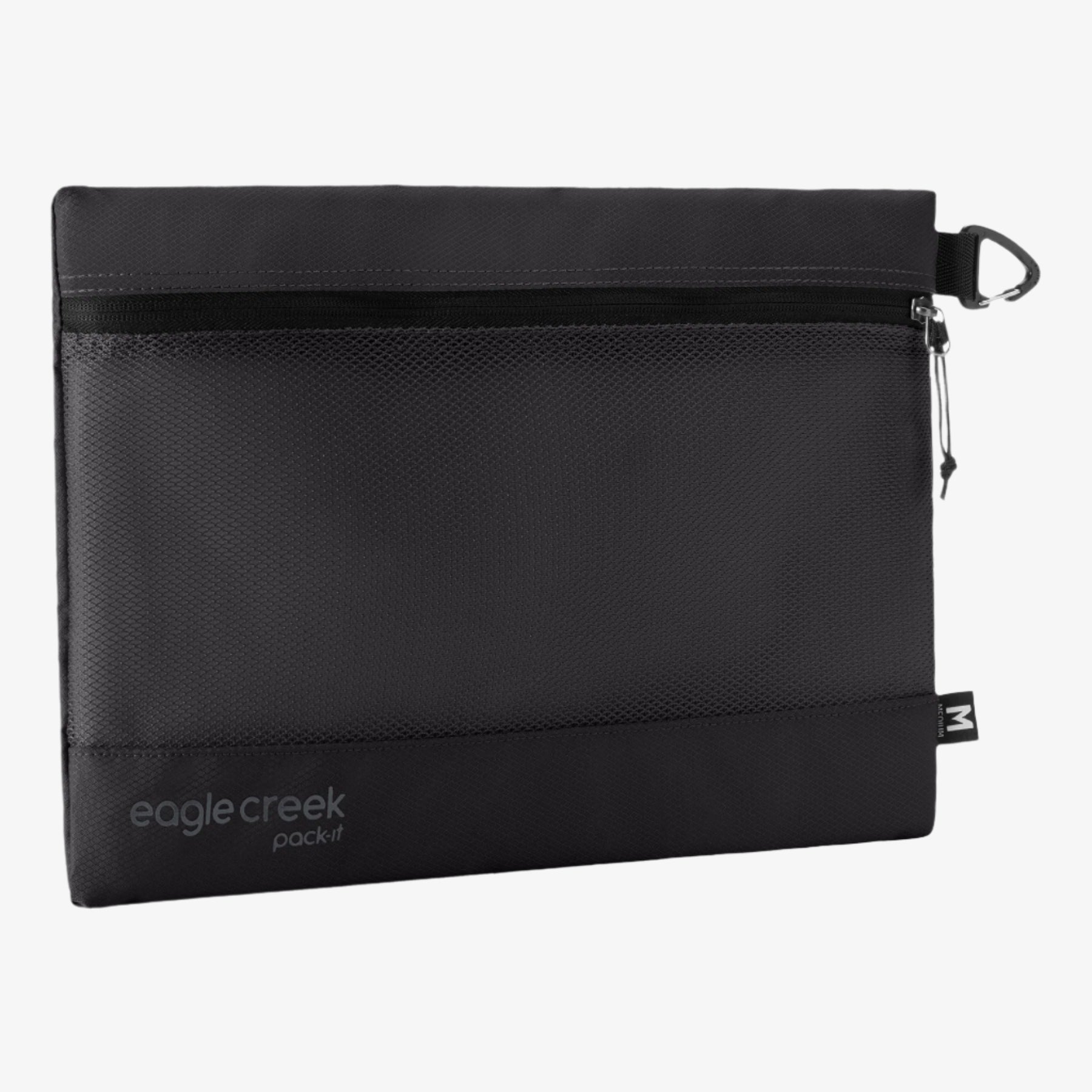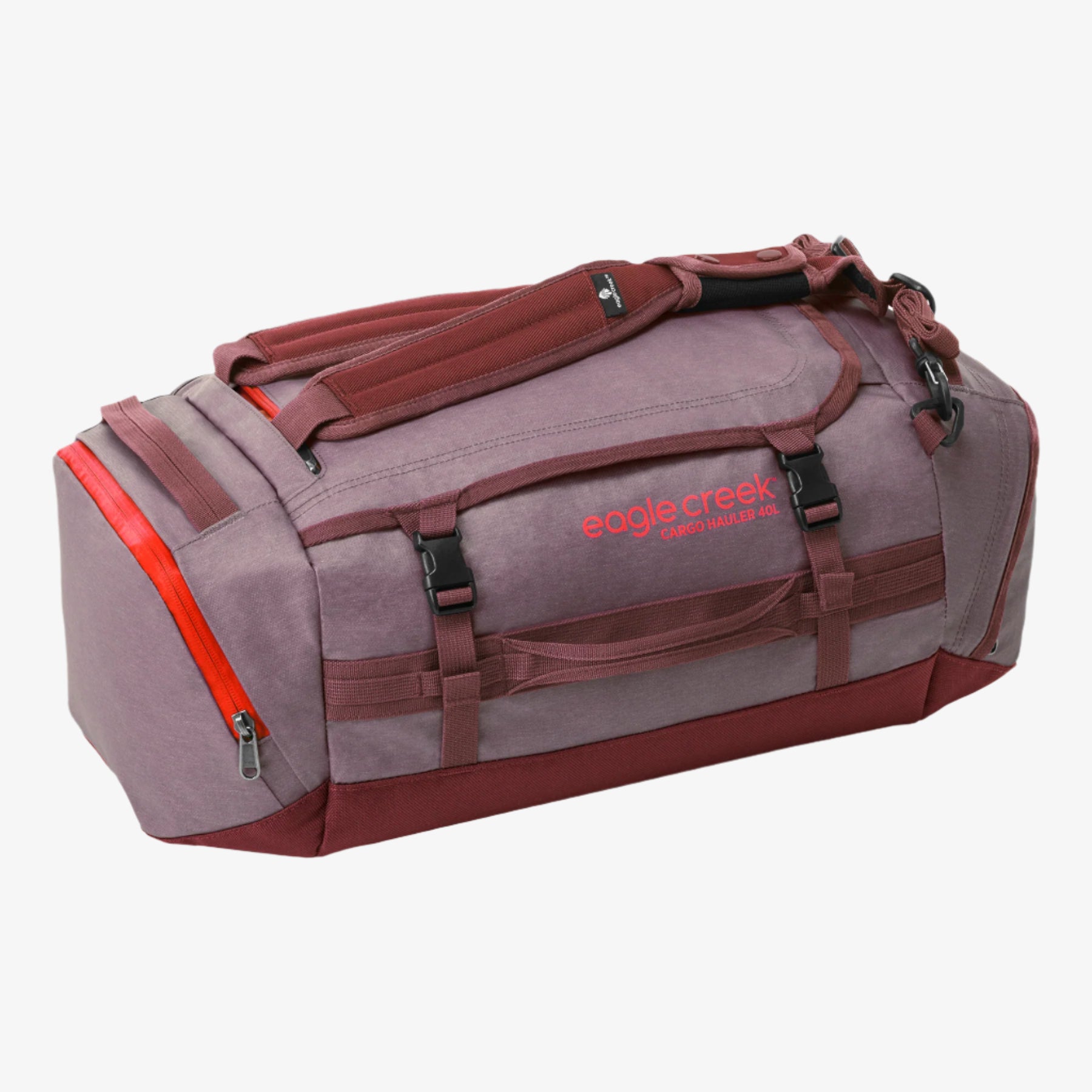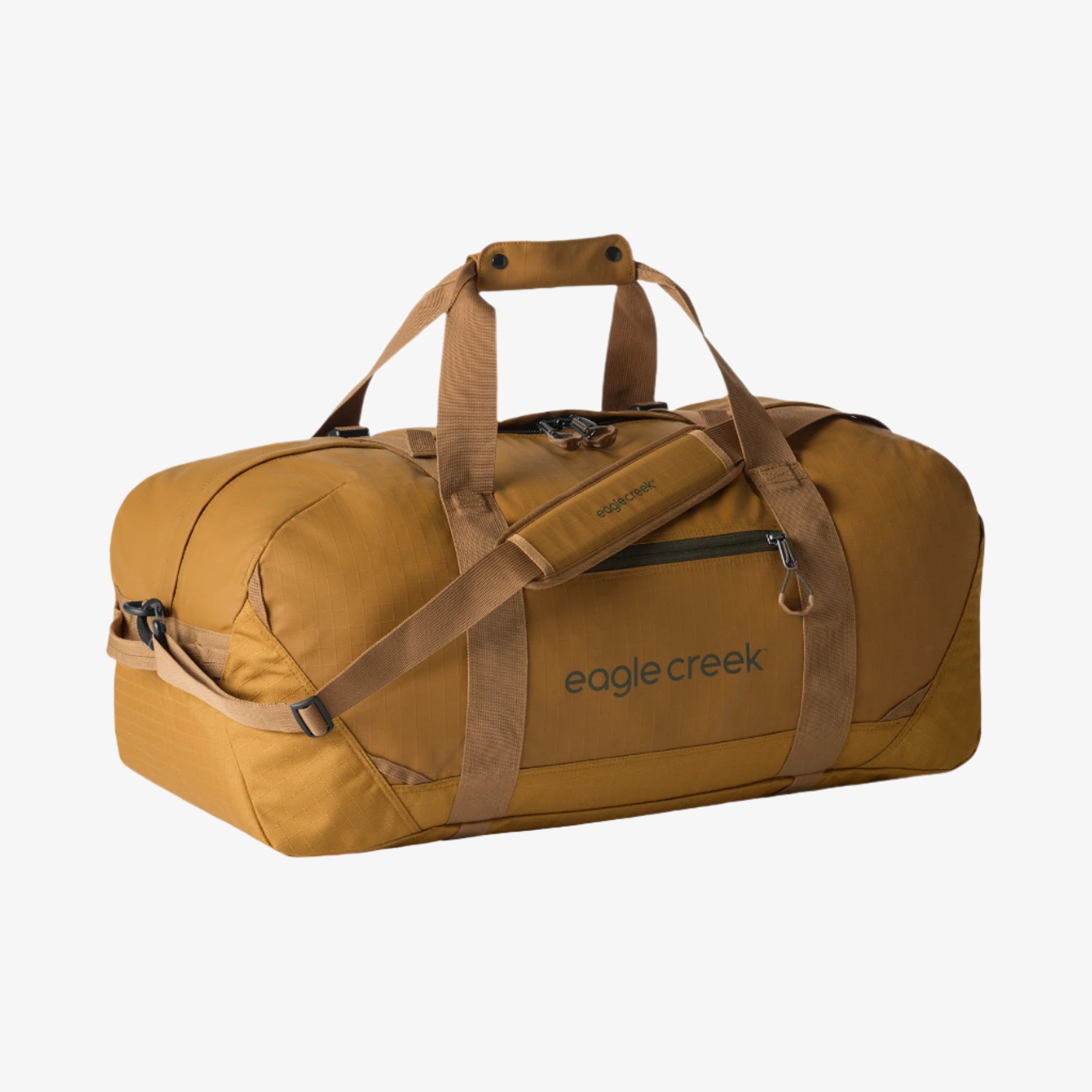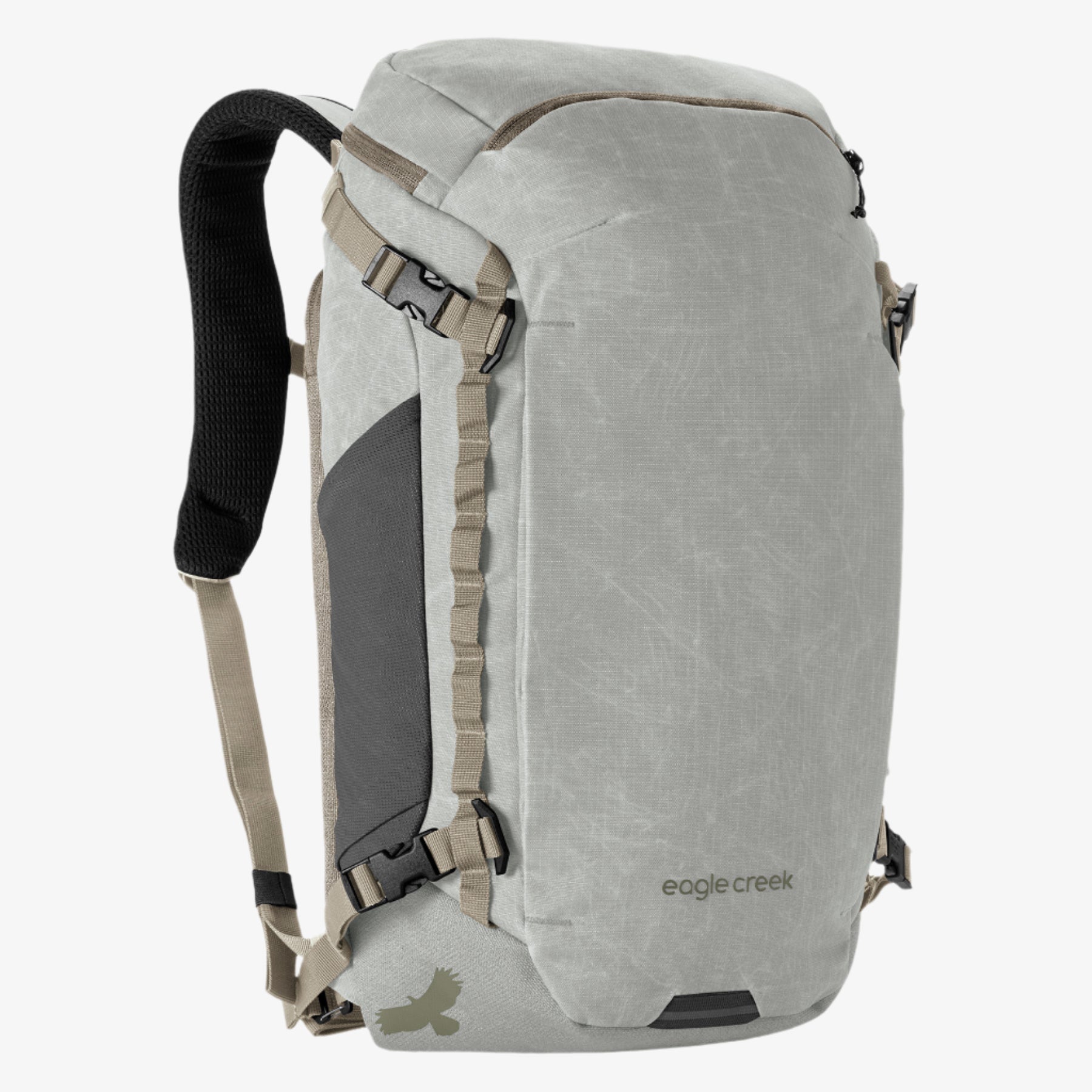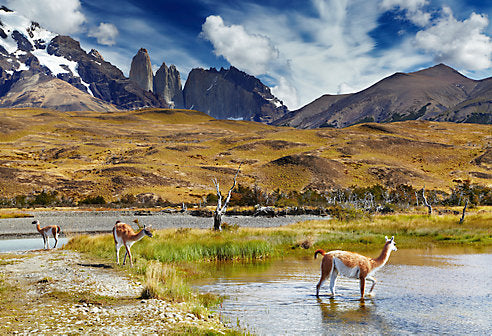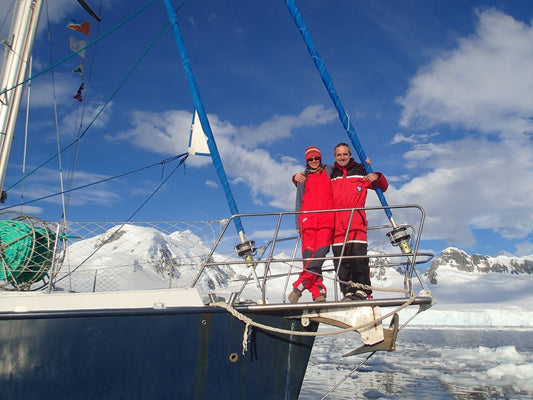What to Pack for a Patagonia Adventure

Before taking off for the rugged South American adventure paradise, find out what to pack to make this dream journey one to remember.
The wind-swept wilderness of Patagonia is high on many travelers’ lists, and for good reason. With some of South America’s most jaw-dropping natural wonders, like Perito Moreno Glacier and Torres del Paine National Park, Patagonia lures travelers with a range of adventures like whitewater rafting on turquoise rivers and hiking across primeval glaciers or through mountain peaks.
With its rugged terrain and unpredictable weather, this region shared by the southern portions of Argentina and Chile, requires potential visitors to do some careful planning. While savvy travelers always err on the side of packing light, we suggest packing smart, too—especially for this trip.
Patagonian climate by season
Weather conditions and temperatures vary depending on season and which part of Patagonia you're planning to visit. Between May and August, days can be warm with frigid nights, so make sure to pack layers, as you’ll constantly be adding and removing clothing. The rainiest time of year differs by region, so play it safe and bring weatherproof gear to keep your supplies dry.
The mountains and glacial areas obviously see cooler temperatures year-round and can drop to below freezing during the winter, which runs from June to September in the Southern Hemisphere. On the opposite extreme, the Atlantic coast can experience temps as high as 80-90° F (26-32° C) during the summer months of December to March, so be sure to pack some lightweight, breathable shirts.
Packing summary for Patagonia
To prepare for an environment with such unpredictable weather, travelers to Patagonia should bring warm clothes and outerwear, plus a few lighter shirts and pants for when the temperature rises. Take at least two pairs of shoes if you'll be there more than a couple days.
In addition to clothing, remember essentials like a backpack, hiking poles, camping gear (if camping), sunscreen, camera, and insect repellent. Binoculars are ideal for bird-watching or getting an up-close view of wildlife or glaciers.
No matter the season, don’t pack anything that isn’t quick-drying and breathable for all the outdoor activities you’ll partake in. The Pack-It™ Compression Sac Set is always a good travel option because it compresses bulky items and can reduce the volume of dirty laundry.
Packing essentials for Patagonia:
Clothing
Thermal bottom base layer
Top layer
Lightweight, long-sleeved shirt
Fleece jacket
Rain jacket
Hiking pants (that zip off into shorts)
Warm hat
Waterproof gloves
Long underwear or clothes to sleep in
Moisture-wicking underwear
Wool hiking socks
Hiking boots
Sturdy sandals
Gear
Deviate Travel Pack (to carry all gear and clothing)
Hiking poles
Headlamp - LED is recommended and don’t forget extra batteries!
Pocket knife
Energy bars and electrolyte tablets
Water bottle (ideally one with a filter)
Toiletries
Toilet paper
Toothbrush/toothpaste
Dry shampoo
Handi-wipes
Sunscreen
Insect repellent
First-aid kit and blister repair
For Camping
Tent
Sleeping pad and bag
Camp stove and fuel
Pots and utensils
Miscellaneous
Camera – With panoramic option to deliver better landscape shots
Binoculars - Bird watching opportunities aplenty in Patagonia!
Sunglasses
Superlight TSA Lock® (to keep your bag and/or tent locked)
All Terrain Money Belt (to keep money handy while adventuring)
While Eagle Creek is here to provide tips and insights on travel, we cannot accept any responsibility for potential consequences that might arise from the use of this information.. Always conduct your own research and use your best judgment.
Related Posts
Hiking the Inca Trail: How to Plan and What to Pack
